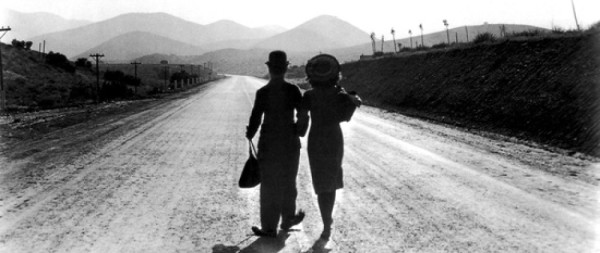The Little Giant
Directed by Roy Del Ruth
Written by Robert Lord and Wilson Mizner
1933/USA
First National Pictures (Warner Bros.)
Repeat viewing/Amazon Instant
[box] James Francis ‘Bugs’: Greek philosphy! Pluto! Yeah, I bet you thought Pluto was a waiter. Ah, I’m just crawlin’ with education. I’ve been readin’ all them Greeks. They do plenty besides shinin’ shoes and runnin’ lunchrooms.[/box]
Edward G. Robinson could do it all – including comedy!
J. Francis Ahern (Edward G. Robinson) is better known as ‘Bugs’ in his native Chicago, where he is boss of the biggest beer mob. With the election of Roosevelt and impending repeal of Prohibition, he realizes that his racket has just about run its course. He quits, breaks up the gang, and moves with his millions to Santa Barbara where he intends to be a “gentleman”. But he lacks all social graces and cuts a comic figure. He soon falls hard for socialite Polly Cass (Helen Vinson), who makes fun of him behind his back. But when his family finds out about the millions, wedding bells start ringing for her.

Bugs’s next step is to rent a swell house in keeping with his wealth. He visits real estate broker Ruth (Mary Astor) and she shows him a magnificent one. Secretly, Ruth is a member of the family who formerly owned the estate before it got taken by the Cass family in a crooked financial scheme. Bugs hires Ruth to help him navagate the social scene. Can she save him from Polly’s clutches before he loses everything?

Robinson is superb at the physical and verbal comedy, which is especially rich when one knows how cultured he was in real life. I love Mary Astor and found the film totally enjoyable. Recommended.
Trailer
